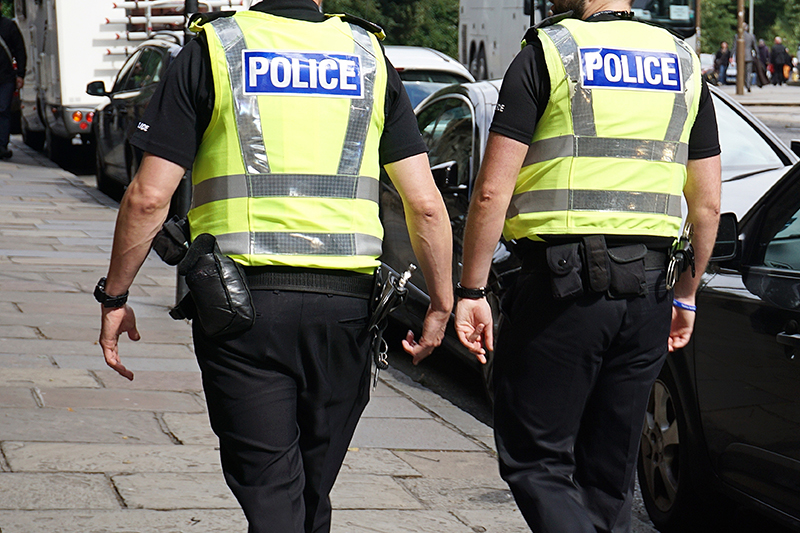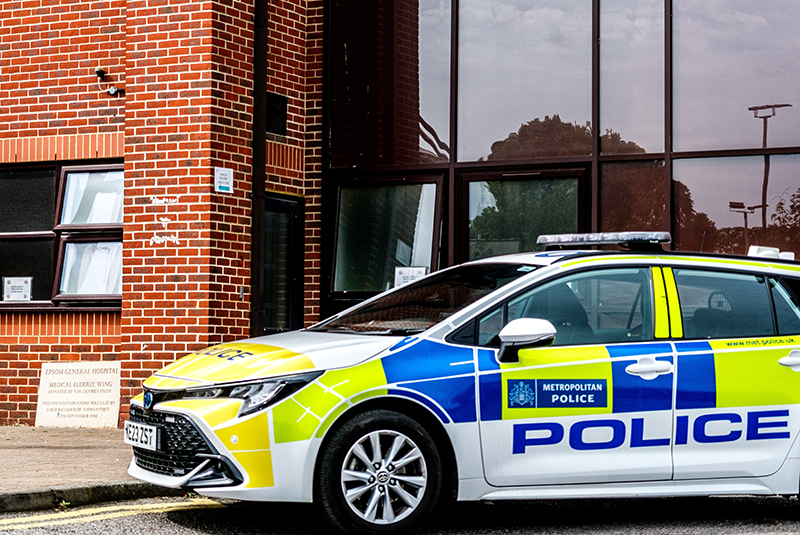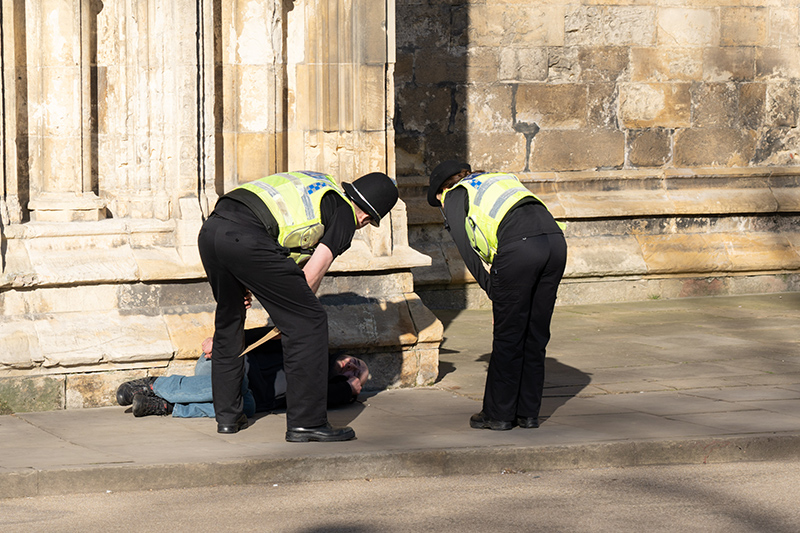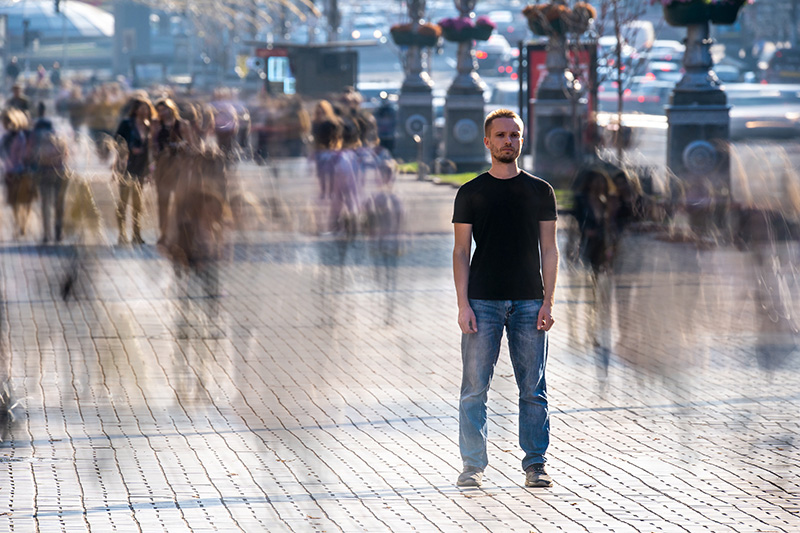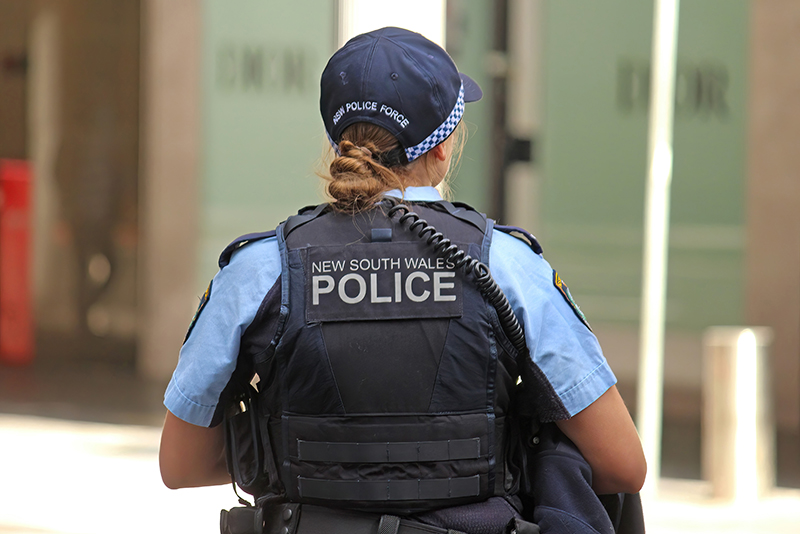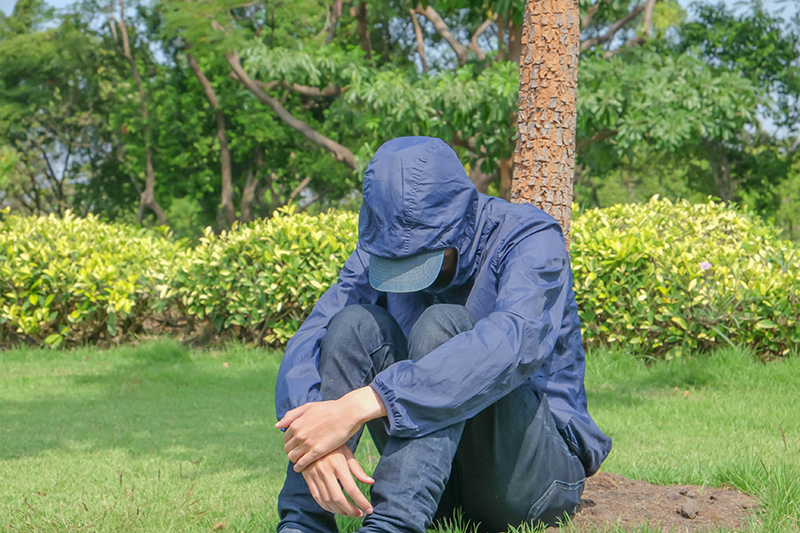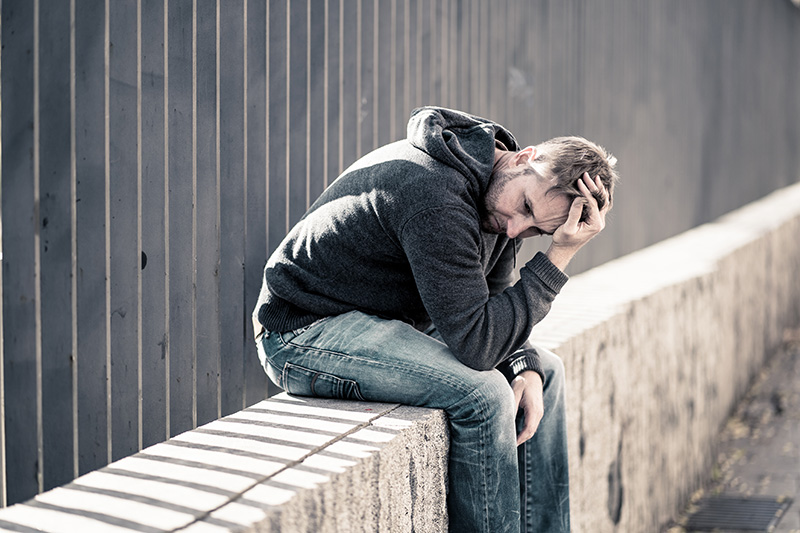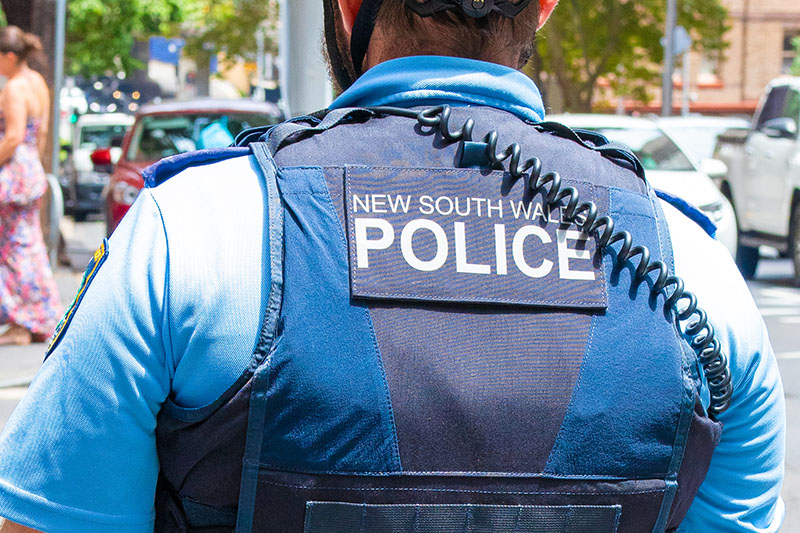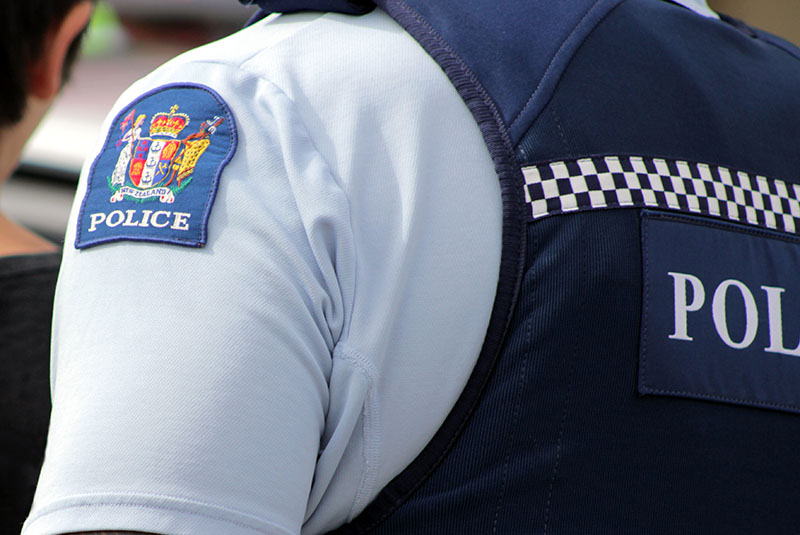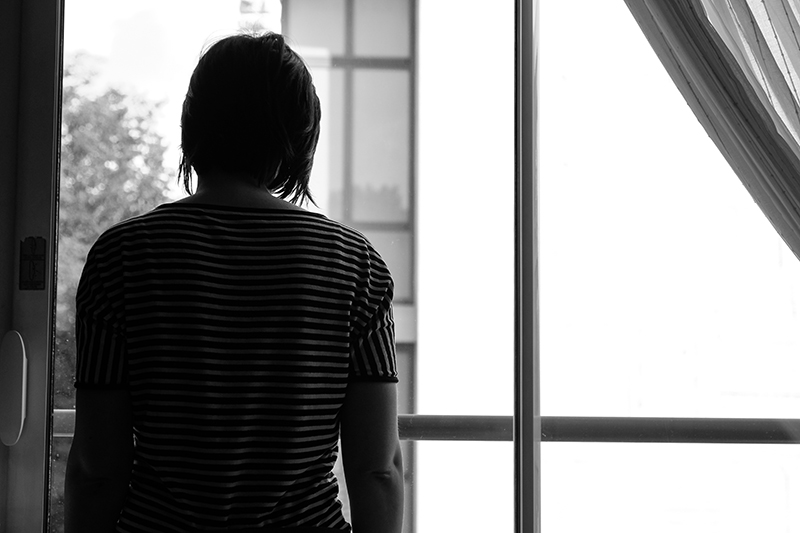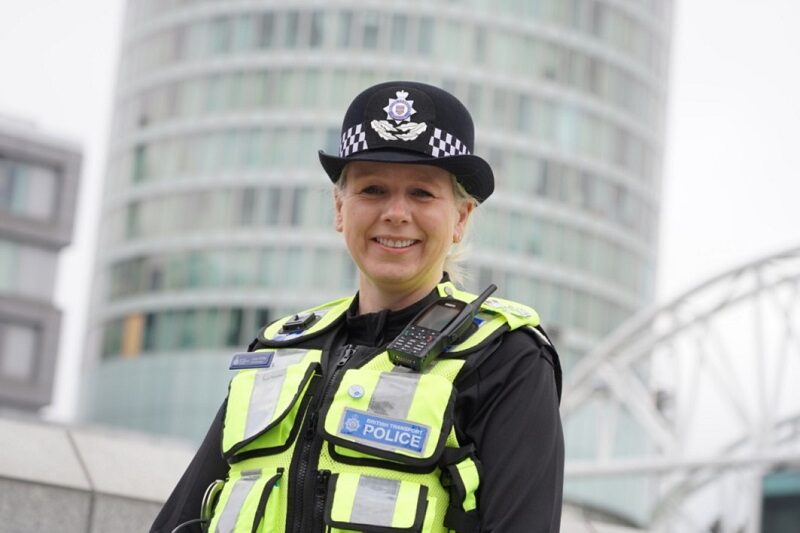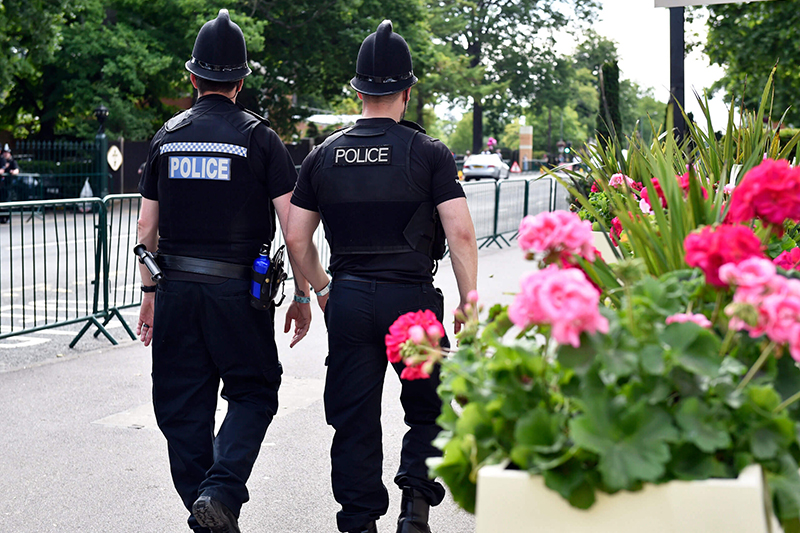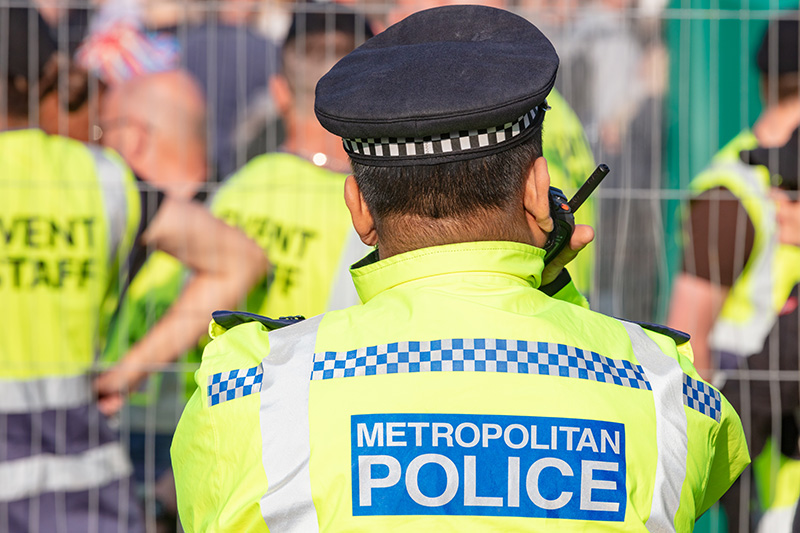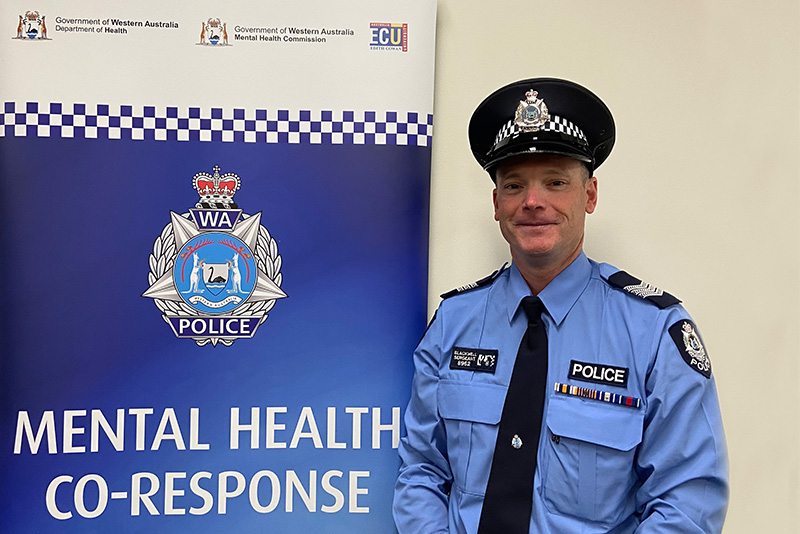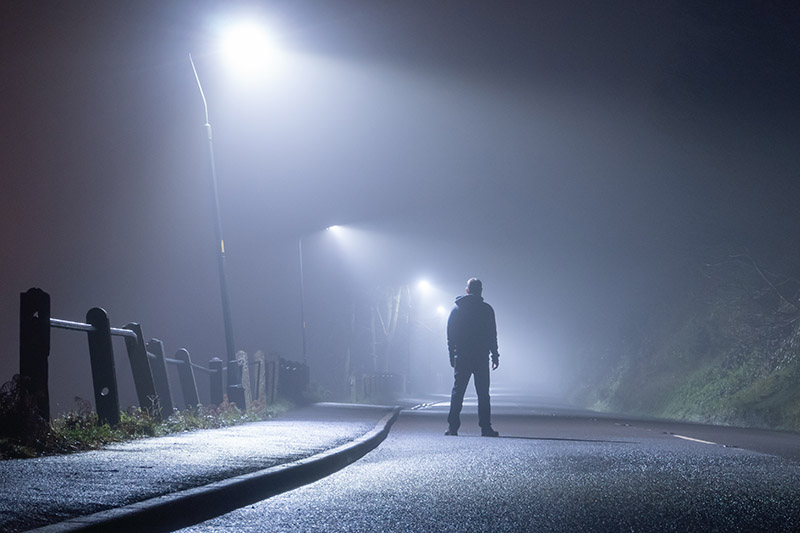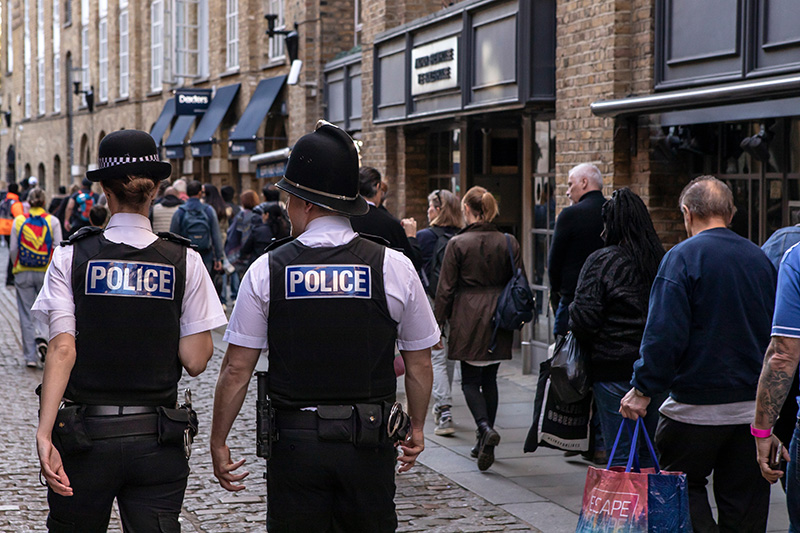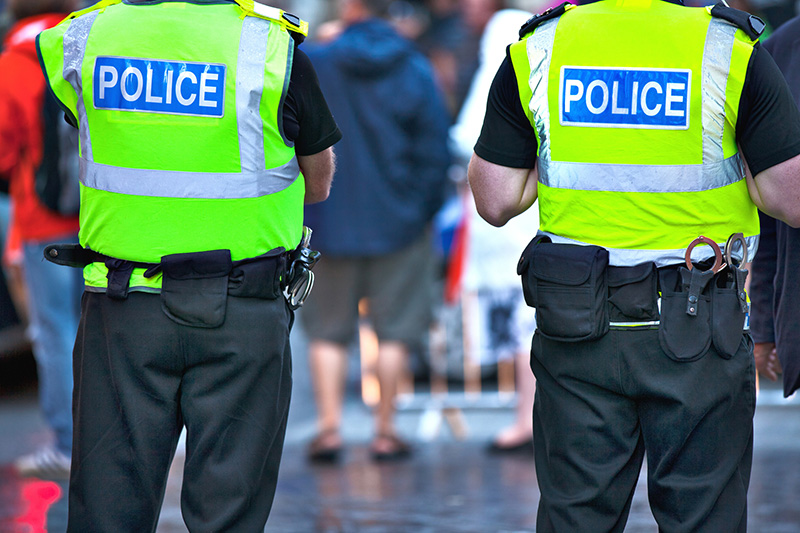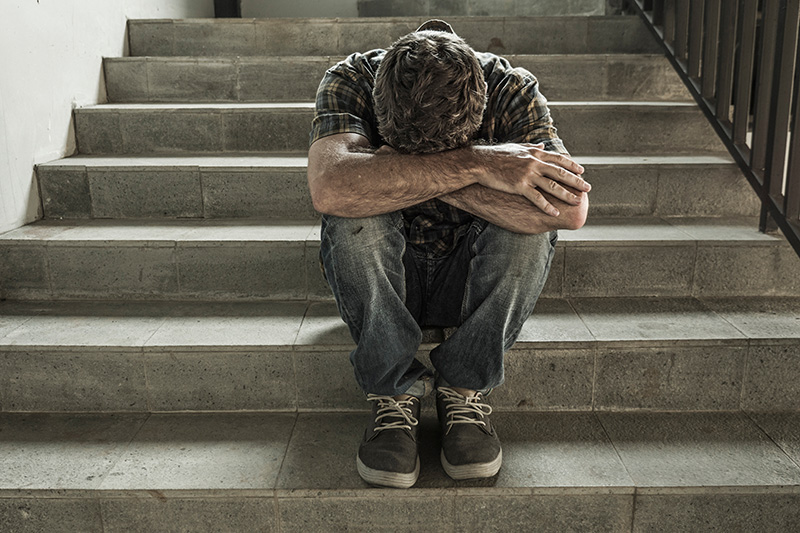RCRP pioneer warns ground-breaking mental health initiative must not be ‘diluted’
The policing response to mental health
FEATURE: The Right Care, Right Person (RCRP) approach to responding to those in mental health crisis was adopted by policing across the UK in 2023, and an initial evaluation last year found that forces already perceived a drop in the number of unnecessary call outs; but pioneers of the approach have warned that failing to implement RCRP in line with the developed model “dilutes” the success of the response, as Policing Insight’s Tina Orr Munro reports.

